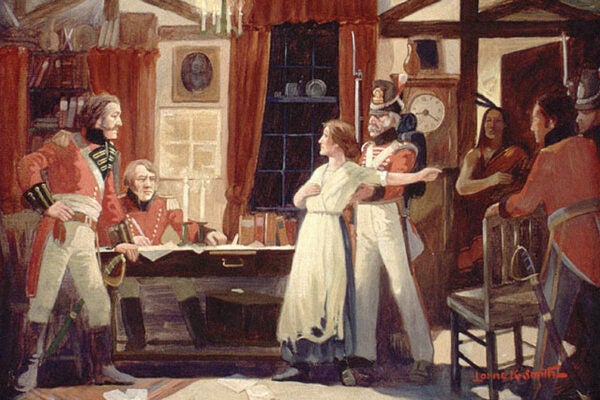The word “filibuster” might call to mind endless speeches and Senate gridlock. But did you know that the term used to refer to Americans who went to foreign countries to fight in their wars without the government’s permission? Robert E. May looks into the history of the adventurous, problematic practice—and uncovers women’s hidden role.
Filibusters were unauthorized military expeditions that brought Americans into foreign territories—often in Central and South America—without the permission of the American government. The practice came about in the 1850s due to a combination of American expansionism and the gathering storm of American imperialism. But, writes May, “it was both of these things and something else”: a strange combination of racism and adventure seeking. Filibusters were also off-limits to women due to their swashbuckling danger—danger that made the practice compelling and sometimes even irresistible to both women and men in the antebellum era.
At the time, a woman’s place was in the home, and the era’s “separate spheres” ideology discouraged women from participating in public discourse. Nevertheless, some women did become soldiers of fortune in foreign wars. Even though their names can’t be found in the official rosters, May writes, they were there. Women were drawn into the cause by novels to pamphlets that painted expeditions to Cuba and Baja California as exotic and noble. They followed their husbands or brothers to the battlefield and sometimes headed there by themselves. And they emigrated to places like Nicaragua, both with and without spouses.
“Apparently some of these female emigrants and sojourners, much like Civil War regimental ‘daughters,’ eventually engaged in combat,” writes May. They fought alongside men on battlefields besieged by gunfire and were even trapped alongside male filibusters in POW situations.
Not content to participate in battle, some women—women who could not yet vote—fought for filibusters through political participation. They wrote on behalf of American fighters in Cuba, promoting their plans to convert Catholics to Protestantism and subdue indigenous peoples. They pressured politicians to be lenient toward their assistance in overthrows of governments in places like Nicaragua. And on the home front, women supported their husbands’ filibusters, even personally lobbying with government officials to intercede on their behalf with foreign governments who viewed them as a threat or imprisoned them in jails overseas.
To May, the point is not necessarily the results women achieved while filibustering or supporting the cause. It’s the fact that they were involved in the first place—and that history has overlooked that involvement.







